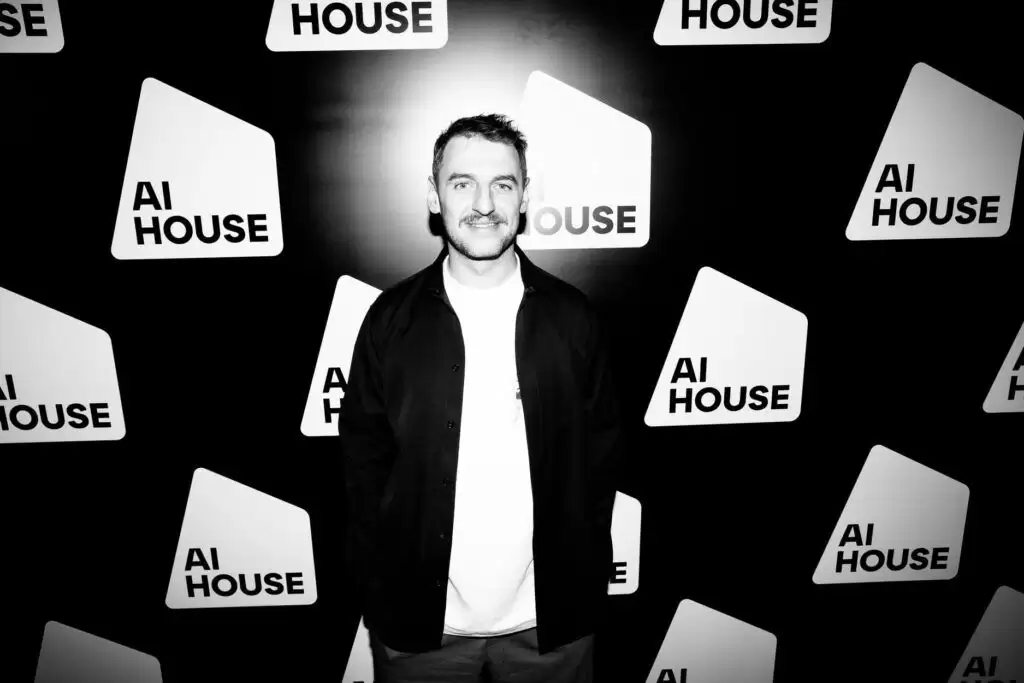Sergey Tokarev: AI can be a trusted assistant
To implement AI into your work or not? Many people are puzzled about it and try to look for reasonable solutions. Some have estimated it to be a good search delivery; others are still scared of using it. Sergey Tokarev, the Reface investor and Founding Partner at Roosh, shared different areas where AI can change for the better.

Search
As soon as ChatGPT appeared, people started massively to test it and use it mostly like a search engine. The great thing about this tool is no advertisement in an outcome, only concrete information matching your question.
Sergey Tokarev explains how AI works. It makes a search from various sites, compares information on them, can collect various reviews, and bring up a precise solution to your problem.
Assistants
Another area where AI can be useful is handling everyday tasks, e.g., becoming an assistant. According to Sergey Tokarev, it makes sense to delegate part of the routine tasks to an assistant to avoid work overload. It is important to teach a program to use only your data, so it can read your emails and send messages.
Lawyers
For good or for worse, GPT can replace lawyers, especially international ones. Due to the AI’s capacity to process much information that a human can’t keep in their mind, it becomes valuable in dealing with legal documents. AI analyzes tons of documents in seconds and delivers legal grounds for your request.
Teachers
It is a challenging task to personalize information for each student. Sergey Tokarev thinks it is impossible for a teacher. However, the AI algorithm can adapt to an audience’s habits and provide information available and comprehensive to each learner.
Support services
AI is specifically useful in this area. It can quickly find answers to questions about the service or product. It can be reproduced even by voice as voice synthesis is no longer a problem. Sergey Tokarev believes that in a few years, it will be difficult to recognize who is talking to you: a real person or one created by AI.
Yet some reasons don’t allow the AI revolution to happen right now. Sergey Tokarev notices that the main reason is an unprepared legal system.
“Only an unprepared legal system hinders the development of AI. Today, we have laws that are different in each country, and we have individuals. So, it is difficult to answer who is responsible for AI: the author of the algorithm, a user of the algorithm, or the algorithm itself,” says Tokarev.
It is essential to keep control of AI and understand the responsibility for its outcomes in human life. If an algorithm can help a dying person but doesn’t, who is to blame? If its actions cause harm, what will happen? These and more questions are raised as the whole world is based on a legal system developed centuries ago. But with the emergence of AI, it will have to change and determine AI regulations.
“We need to label content and information generated by an algorithm, not a human, but we can’t allow an algorithm what humans are allowed to do. Decisions of society and regulators on this issue will radically affect the development of this technology and its adoption by businesses and people,” believes Tokarev.
Discover more from Applygist Tech News
Subscribe to get the latest posts sent to your email.
